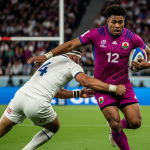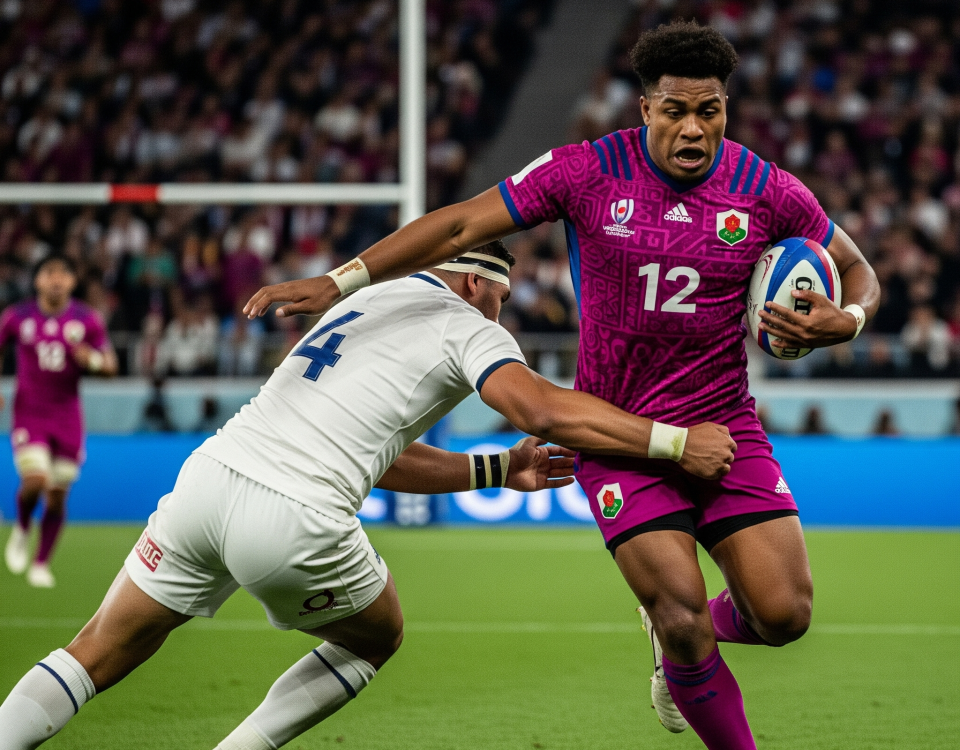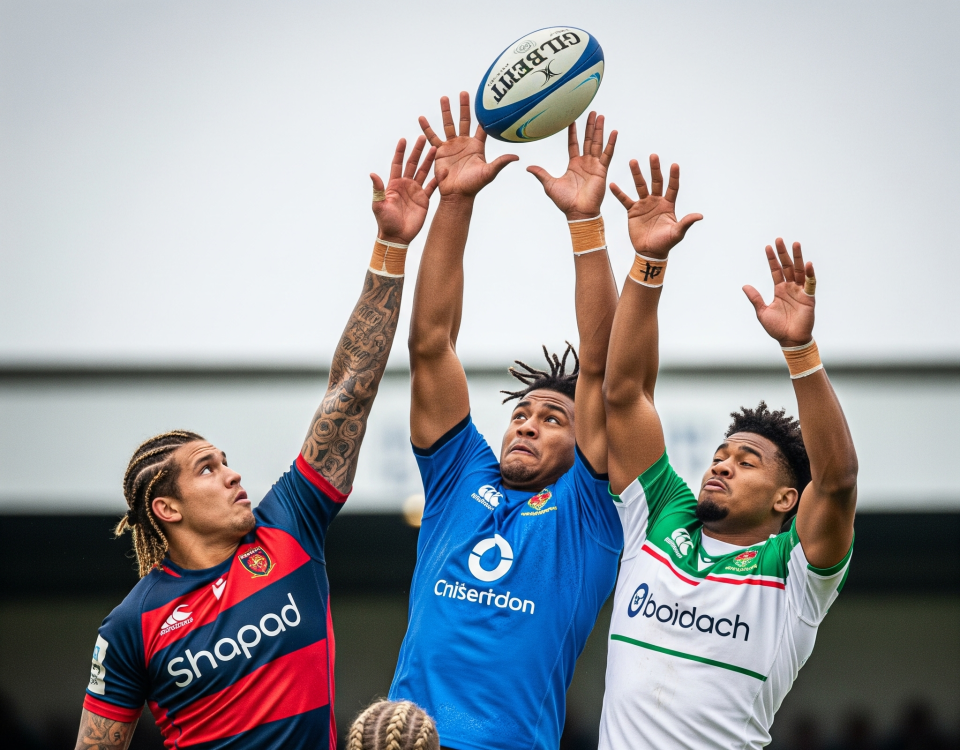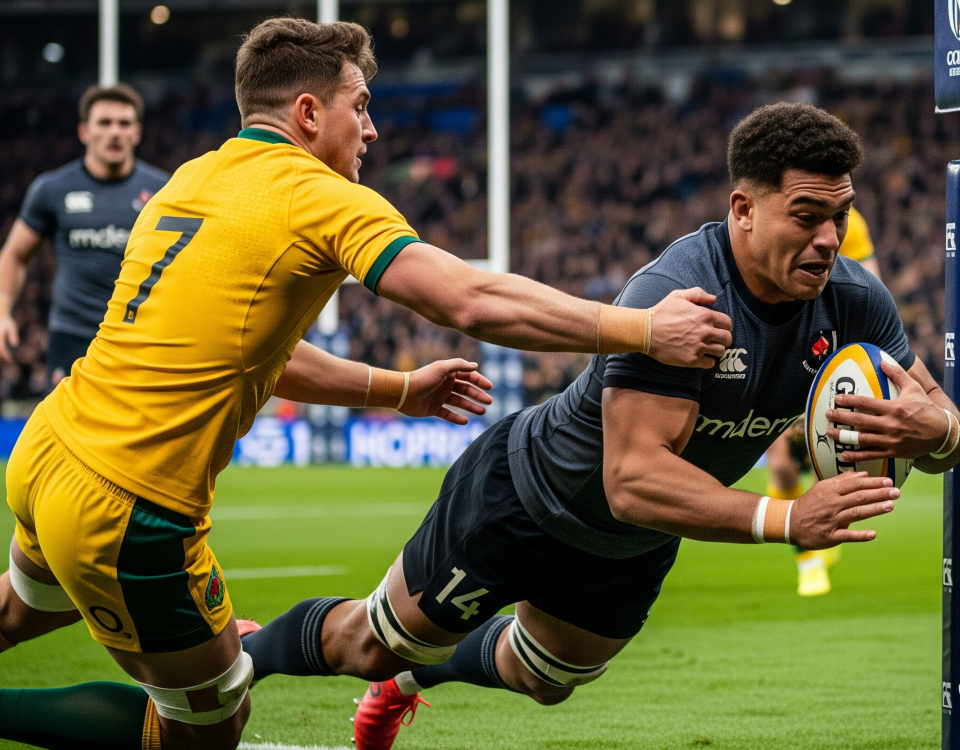
The High-Ball Gambit: Are Teams Overusing This Tactic in Modern Rugby?

Rugby World Cup 2027: Which Emerging Nation Could Cause the Biggest Upset?
Maro Itoje, a name that resonates with power, intelligence, and unwavering commitment, continues to solidify his status not just as a titan of English rugby, but as a significant voice extending far beyond the chalk lines of the pitch. For over a decade, his presence has been a formidable one, yet as he matures, this English lion’s roar seems to amplify, both in his sustained on-field ferocity and his increasingly influential off-field engagements. He represents a modern archetype of a sportsman: exceptionally gifted in his discipline, yet equally driven by a desire to contribute to broader societal conversations and cultural enrichment.
On the rugby field, Itoje remains an undeniable force of nature, a player whose impact is consistently felt in every facet of the game. His work rate is legendary, covering every blade of grass with an engine that seems inexhaustible, whether in tireless support play or relentless defensive pressure. As a lineout specialist, his aerial prowess and sharp intellect make him a primary target for his own team and a constant menace to opposition throws, frequently disrupting their set-piece platform. Defensively, he is a master of disruption, his ability to secure crucial turnovers at the breakdown, charge down kicks, and make dominant tackles often shifting the momentum of critical encounters. His leadership, whether through official captaincy or simply by example, inspires those around him, setting a standard for intensity and commitment for both his club, Saracens, and the England national team. His consistent performances in the cauldron of Test match rugby and high-stakes club fixtures underscore his enduring world-class abilities.
However, to define Maro Itoje solely by his rugby achievements would be to overlook a rapidly expanding dimension of his influence. Off the pitch, his voice is indeed roaring louder, characterized by a thoughtful articulateness and a willingness to engage with complex issues. His intellectual curiosity is well-documented, extending to a profound interest in African art, history, and culture, which he actively promotes and discusses. Itoje has increasingly used his prominent platform to speak on matters of social justice and equality, becoming a patron for initiatives like The Black Curriculum, aiming to ensure a more comprehensive teaching of Black British history in UK schools. This commitment to education and advocacy showcases a depth that transcends the typical athlete narrative, positioning him as a considered and impactful commentator on societal matters.
This blend of athletic supremacy and intellectual engagement makes Maro Itoje a compelling modern sporting icon. He challenges outdated stereotypes about athletes, particularly rugby players, demonstrating that elite sporting performance can coexist with a rich intellectual life and a strong social conscience. For younger generations, he serves as a powerful role model, not just for his on-field exploits but for his articulate engagement with the world around him and his commitment to making a difference. His journey encourages a broader understanding of what athletes can be and the positive influence they can wield.
In essence, Maro Itoje’s roar is multifaceted and resonant, echoing from the intensity of the ruck to the thoughtful forums of cultural and social discourse. He is not merely maintaining his status as one of world rugby’s premier forwards; he is actively expanding his legacy as a leader, an advocate, and an individual of significant substance. As he continues to excel for club and country, his impact off the field ensures that his influence will be felt long after his playing days, cementing his place as a truly exceptional figure in contemporary sport. His journey is a powerful testament to how an athlete can indeed roar louder than ever, both within their chosen arena and far beyond its confines.



